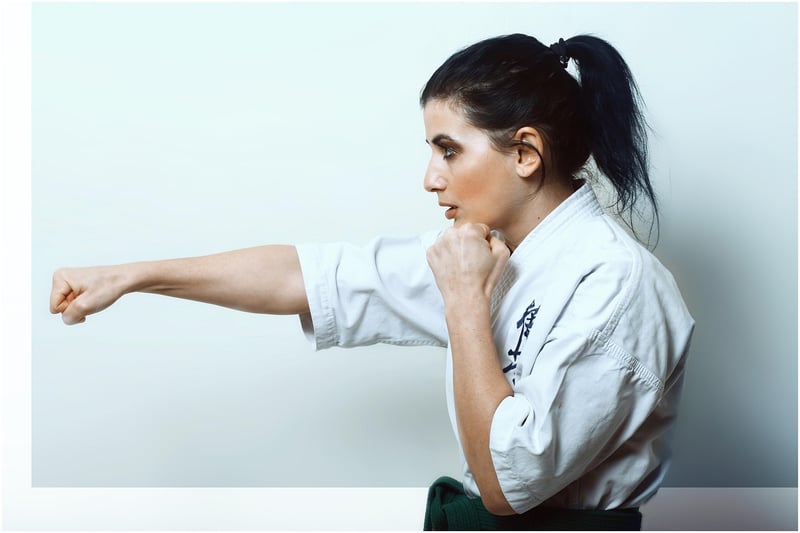Judo
The Power of Self-Defense Disciplines: Exploring Judo
Self-defense disciplines are not just about physical techniques; they are a way of life that instills discipline, confidence, and respect. One such discipline that stands out is Judo, a martial art form that focuses on using an opponent's force against them.
What is Judo?
Judo, which means "gentle way" in Japanese, was founded by Jigoro Kano in the late 19th century. It is based on the principle of using an opponent's energy and momentum to gain control rather than relying on sheer strength.
Key Principles of Judo
- Ju-no-ri: The principle of yielding and adapting to an opponent's force.
- Jita-kyoei: Mutual welfare and benefit, emphasizing the importance of cooperation and respect.
- Seiryoku zenyo: Maximum efficiency, minimum effort. Techniques in Judo are designed to be effective and efficient.
Benefits of Practicing Judo
Practicing Judo offers a wide range of benefits, including:
- Improved physical fitness and coordination
- Enhanced self-confidence and discipline
- Effective self-defense techniques
- Stress relief and mental focus
Training in Judo
Judo training involves a combination of throws, pins, joint locks, and grappling techniques. It emphasizes the importance of timing, balance, and leverage to overcome opponents.
Get Started with Judo
If you are interested in learning Judo, look for a reputable dojo or martial arts school in your area. Beginners are always welcome, and instructors are there to guide you through the fundamentals of this dynamic martial art.
Remember, the essence of Judo lies not in seeking to defeat your opponent but in cultivating the best version of yourself through dedicated practice and training.

Start your journey with Judo today and discover the transformative power of this ancient martial art!
